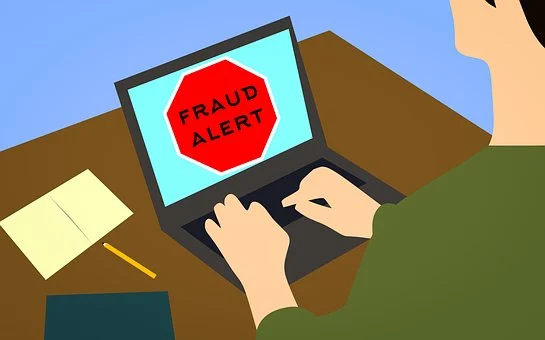
Filing for bankruptcy is not something to be taken lightly. It is a legal option to find some peace after being saddled with insurmountable debt for some time without a way out. If you feel that the amount of debt you have accumulated has gotten out of hand, you should start by talking to a reputable Long Island bankruptcy attorney. They will be able to guide you through this often-complicated process and explain to you which debts are dischargeable through bankruptcy and which ones are not so that you do not incur a fraudulent bankruptcy. Read on to find out more on this topic.
What Is Fraud in the Context of Bankruptcy?
Fraud may happen in many cases, usually whenever someone manipulates some facts or lies to someone else for gain. In general, when it comes to bankruptcy, fraud happens at the expense of a creditor. As an example, you may have lied when filing an application for a new credit card by exaggerating your income. In a business partnership, you may lie by hiding information from your partner regarding some money that you have. Maybe your business went bankrupt but you managed to sell off some assets and hide the proceedings instead of using those funds to pay off your landlord or other creditors.
When it comes to credit card fraud, using a credit card for a shopping spree in which you purchase a variety of luxury items right before you file for bankruptcy is considered fraud. Buying food and other necessities for your household is not.
How Does a Creditor Prove That You Committed Fraud?
The mere fact that a creditor is claiming that you have committed fraud does not make it so. They must file a lawsuit and obtain a judgment of fraud against you. This can be achieved in several ways.
Creditor Files a Civil Lawsuit in State Court
A creditor may file a civil lawsuit and allege in the complaint that you committed fraud even before you file for bankruptcy. As a matter of fact, you may start thinking about filing for bankruptcy when you get the complaint.
When this happens, the creditor can obtain a default judgment simply because you failed to respond within the specified time. They may also obtain a judgment by winning the trial.
Once a creditor has obtained a fraud judgment against you, the debt becomes non-dischargeable. In these cases, it is essential to obtain legal help from a debt relief attorney who can help you take some quick action to allow you to take steps to prevent the judgment from being issued.
If the creditor waits until you have filed for bankruptcy and does not file the proceeding on time, the debt remains dischargeable and may eventually go away.
How Is Fraud Proven at Trial?
At trial, your creditor must prove that you knowingly lied or misled them about something and that they relied on this false information which resulted in them losing money.
An accusation of fraud is a serious matter and the creditor may have a tough time proving that you committed it. However, it is in your best interest to hire a bankruptcy attorney who can review your case and guide you through this process so that you may get the issue resolved.








